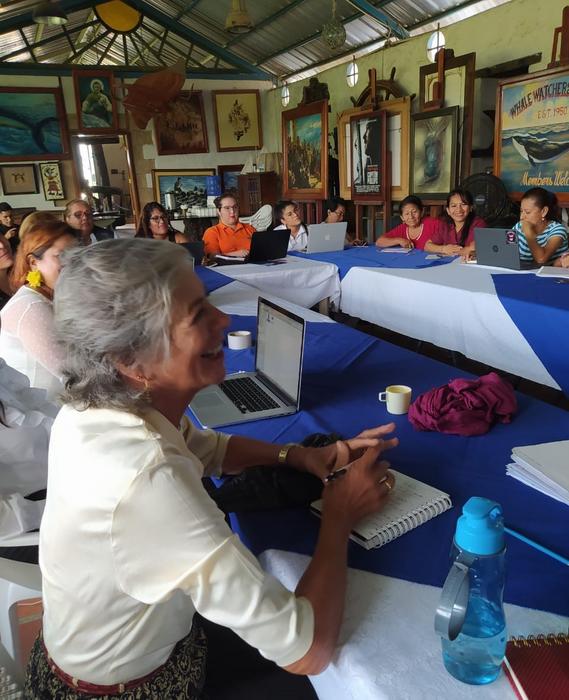Gendered social innovation is a crucial process that intertwines social change with female entrepreneurship, empowerment, and the evolution of work among women in the tourism industry.

Credit: Pécot et al.
Gendered Social Innovation: Social Change and Female Entrepreneurship in Tourism
Gendered social innovation is a crucial process that intertwines social change with female entrepreneurship, empowerment, and the evolution of work among women in the tourism industry.
Questioning Common Perceptions
Why question the usual perceptions about the role and status of women entrepreneurs in a globalized and capitalist industry? Where does power, creativity, and innovation truly reside in tourism development?
Often, discussions about gender equality in tourism revolve around a vision that confines women to the role of service providers, perpetuating stereotypes of vulnerability and lack of agency.
The work of Mathias Pécot, Carla Ricaurte-Quijano, Catheryn Khoo, Marisol Alonso Vazquez, Domenica Barahona-Canales, Elaine Chiao Ling Yang, and Rosalie Tan challenges these notions and introduces more inclusive narratives.
The Importance of Shifting Focus
Alliances seeking gender equality in tourism have emerged as platforms to empower women. However, the design of gender-focused projects and training faces challenges related to meaning, practice, and power dynamics.
The authors conducted 33 interviews and organized 5 digital marketing training workshops with female entrepreneurs in Ecuador and Mexico. These dialogues offer valuable insights.
Navigating Turbulent Waters
This research sheds light on the individual and relational empowerment that often occurs beyond planned interventions, confronting structural challenges.
Individual Empowerment: Female entrepreneurs in Ecuador and Mexico describe transformative trajectories that include venturing into international business, obtaining a professional degree, or innovating with new materials and technologies. These testimonies reveal independence, awareness of their situation, and confidence in their abilities.
Relational Empowerment: Beyond internal change, relational empowerment arises from interactions with family members, community leaders, colleagues, and intermediaries involved in tourism development. It is based on values such as trust, moral support, time management, and decision-making control.
Structural Limitations: Entrepreneurs face sexism, domestic violence, social expectations, and limited access to resources. Punitive policies restrict their participation in the tourism economy, especially in informal work, highlighting multidimensional challenges that exceed individual capacities.
From Empowerment to Gendered Social Innovation
Gender social innovation is a disruptive process that recognizes female entrepreneurship in tourism as an alternative type of business, promotes gender-focused partnerships that organize and nurture others against structural limitations. Additionally, women’s networks and cooperatives offer spaces to incubate broader social changes. As Professor Catheryn Khoo emphasizes, “this research changes the way we think about women’s roles in the tourism industry. It’s not just about providing goods and services; it’s about recognizing and supporting women as innovative contributors who can shape and lead in diverse tourism contexts.
Journal
Tourism Management
Method of Research
Observational study
Subject of Research
People
Article Title
From empowering women to being empowered by women: A gendered social innovation framework for tourism-led development initiatives.
Article Publication Date
12-Jun-2024



